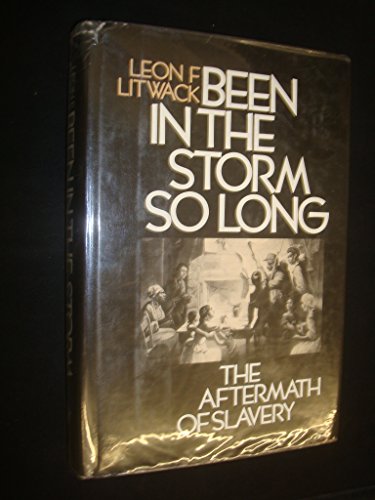


In the face of the color lines established by Jim Crow, education, like many other things, returned at best limited results. Establishing good schools for African Americans was in turn a priority for African American legislators in Reconstruction era state governments. Others saw education as a means to create a ‘new negro’ who would transcend the shame of slavery and take their rightful place. Others hoped that education could provide access to better jobs and a means of escaping poverty. Those engaged in agriculture, for example, often felt that an understanding of arithmetic would be a valuable asset when negotiating prices for the year’s produce with often unscrupulous white buyers. In his telling, at the end of slavery many African Americans believed that they or their children had an urgent need for education. Some of Litwack’s most compelling passages concern education and bear on the criticism of Hannah Arendt’s take on education.

In the face of this inhumanity, Litwack finds a great deal of common sense and quiet dignity. Part of the problem is to elucidate the practical problems that Jim Crow created including not least a constant threat of violence, a lack of legal protections meaning that no property was secure, pervasive poverty and routine humiliation. He often provides context in the form of vivid stories from someone’s life and allows different people to have different opinions at different times and places. He has combed primary sources and affords many African Americans an opportunity to be heard. His goal is to recover the perspectives and understandings of African Americans who endured the horror of Jim Crow. Leon Litwack’s Trouble in Mind: Back Southerners in the Age of Jim Crow is an outstanding example of giving subjects a voice. Litwack, Trouble in Mind: Black Southerners in the Age of Jim Crow (New York: Vintage Books, 2010).


 0 kommentar(er)
0 kommentar(er)
